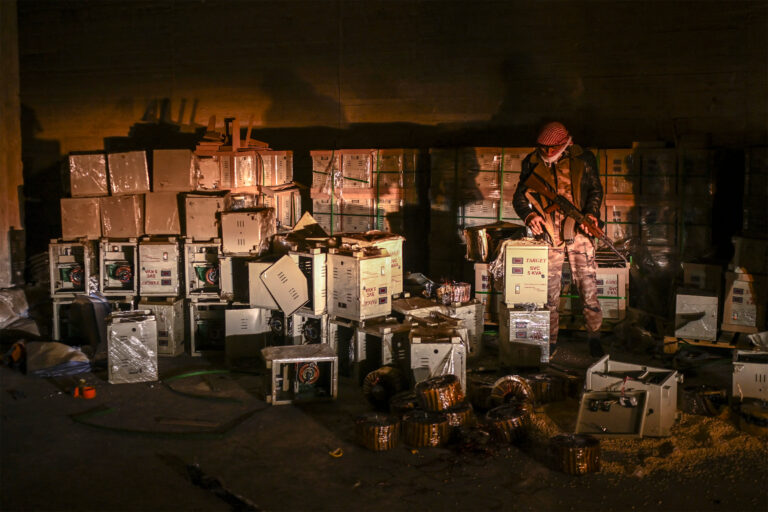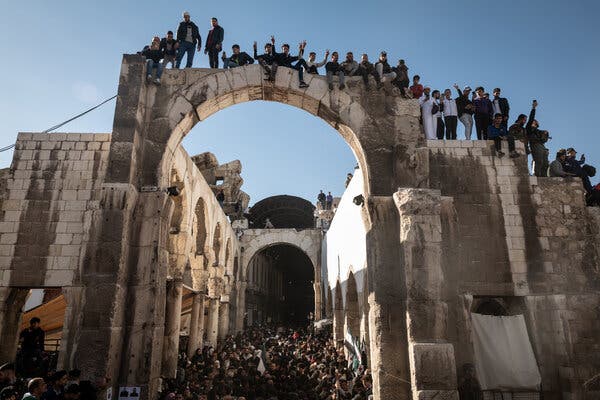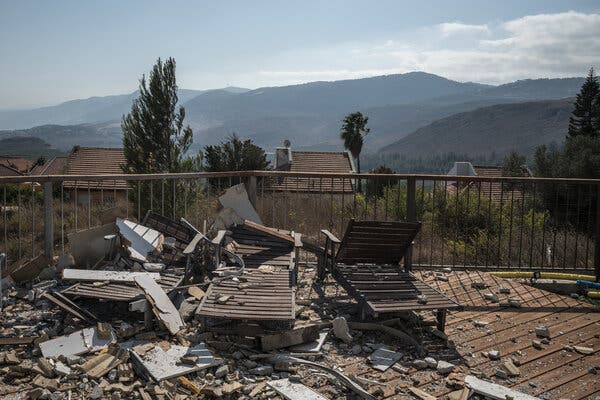The Israeli military said the commander, Mohamed Hussein Sarour, was killed in a strike. There was no immediate confirmation from Hezbollah.

Israel’s military carried out an airstrike in Beirut on Thursday that it said was intended to kill the commander of Hezbollah’s aerial unit, the latest in a string of attacks that appear to be aimed at eliminating the militia’s leadership.
The Israeli military said the commander, Mohamed Hussein Sarour, also known as Abu Saleh, was killed in the strike. There was no immediate confirmation from Hezbollah, as of Thursday afternoon. Lebanon’s health ministry said two people were killed in the attack, but it did not identify them.
The airstrike hit a tall building in a residential area of southern Beirut, according to photos and video from the scene. It came less than one week after an airstrike in Beirut killed a number of senior Hezbollah commanders.
Those included Ahmed Wahbi, a prominent leader in the group’s elite Radwan force, and Ibrahim Aqeel, a Hezbollah commander wanted by the United States for his role in a series of bombings in 1983 that killed hundreds of Americans in Beirut. Dozens of civilians were also killed by the Israeli strikes.
In a statement about Thursday’s airstrike, the Israeli military said Mr. Sarour oversaw the manufacture of drones in southern Lebanon for Hezbollah, played a role in intelligence gathering, and acted as an emissary to Yemen, whose Iran-backed Houthi militants have also launched aerial attacks on Israel.
He “advanced and directed numerous aerial terror attacks, including drone attacks, cruise missiles, and UAVs aimed at the people of Israel,” the statement said.
Not all of Israel’s attempts to kill Hezbollah commanders over the past week have been successful, however. On Monday, Israel tried to assassinate Ali Karaki, a top commander in southern Lebanon. Hezbollah said Mr. Karaki survived that attack and had been taken to a “safe place” in the wake of the strike.
Liam Stack is a Times reporter on special assignment in Israel, covering the war in Gaza. More about Liam Stack
See more on: Hezbollah, Israel-Hamas War News



